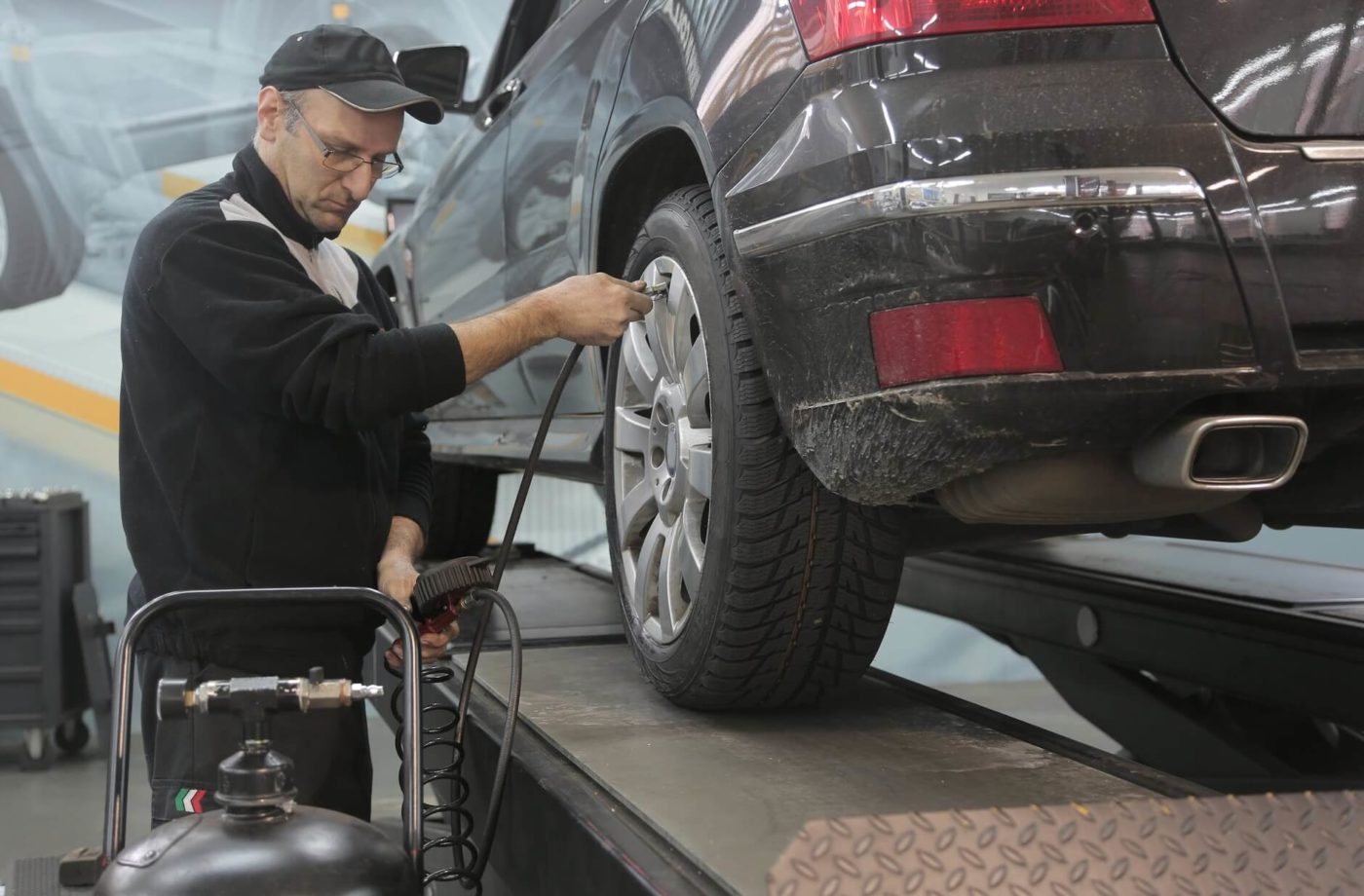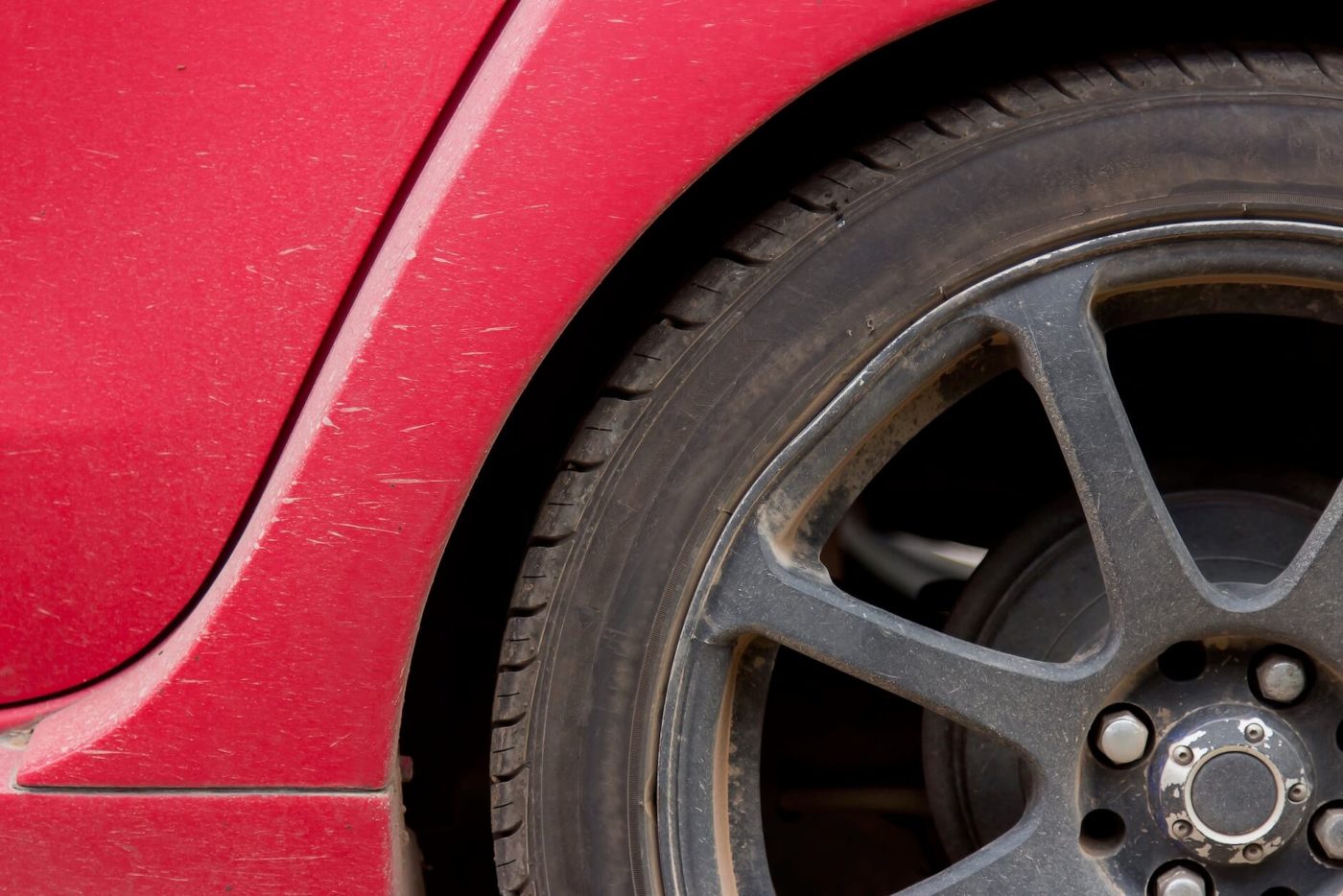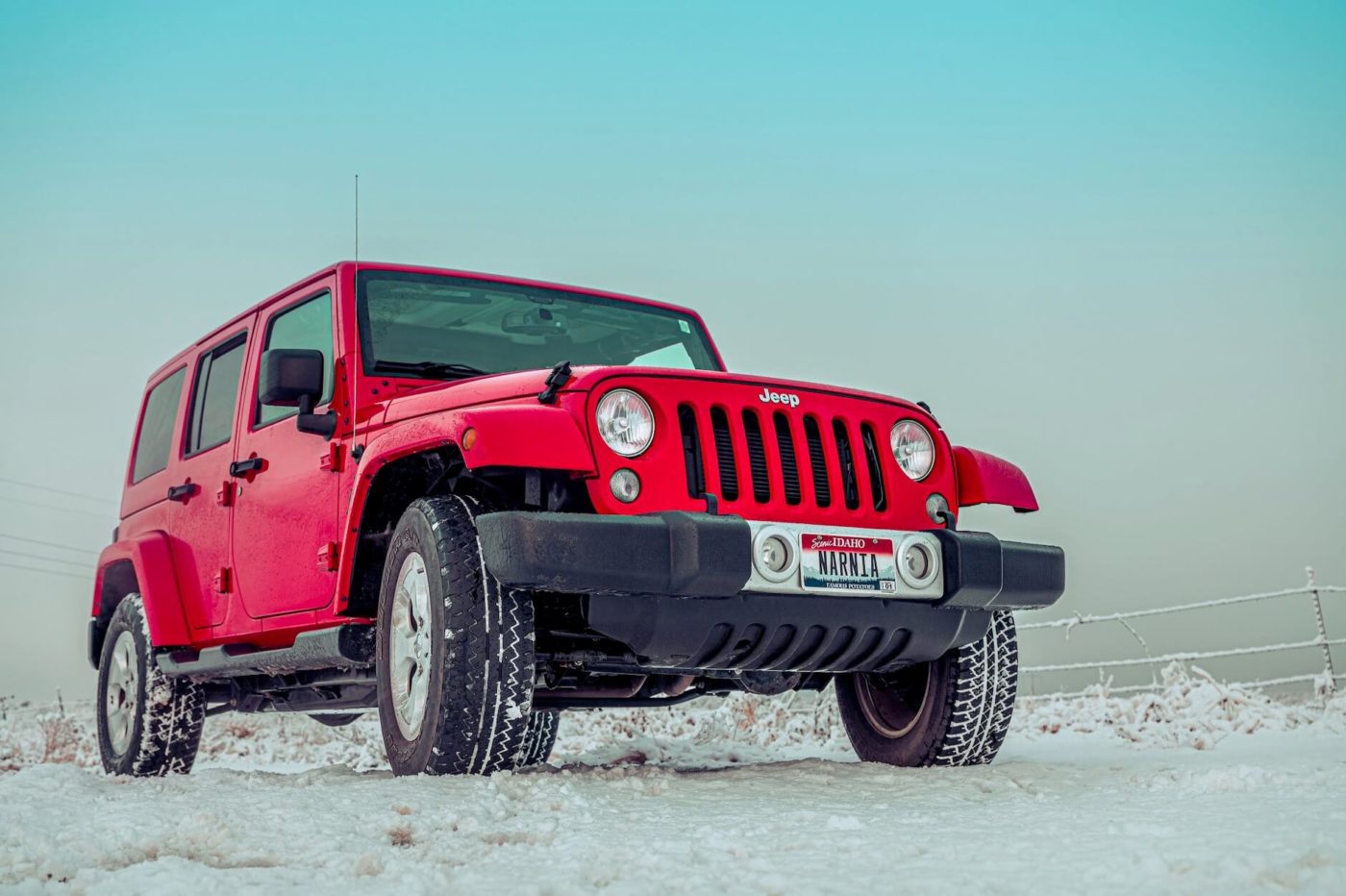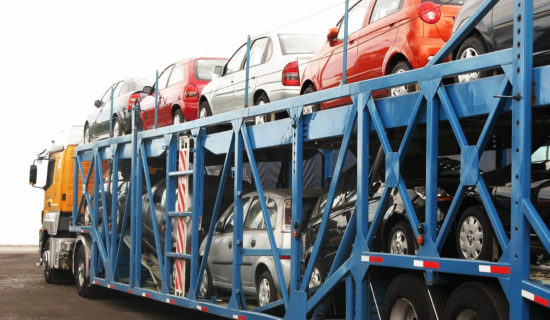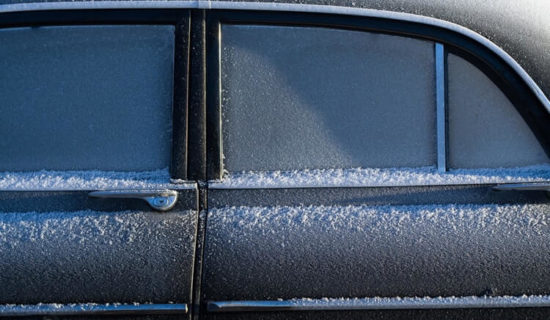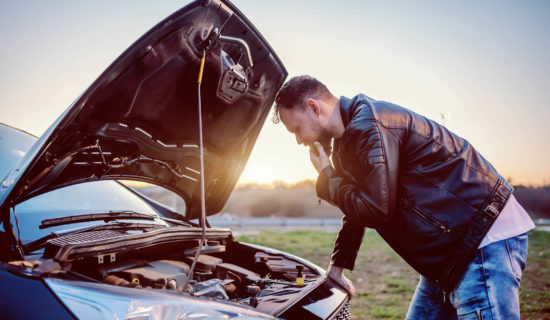How Often To Replace Tires – Seasonal or Terrain Changes
When we think about how often to change tires, we usually think about seasonal or terrain switches. And it doesn’t matter that evolution of cars has come a long way – it is still something highly recommended. As you know, there are different types of pneumatics you can use for different seasons, weather conditions, and terrain.
For example, you can use all-season pneumatics for a city drive in mild climates with warm summer and mild winters. But for mountains and extremely cold climates, snow tires and additional gear are a must. So if you plan to relocate to Alaska, the best option would be to take Alaska car transport at some USA auto transport company and buy all your winter gear and pneumatics once you relocate. Because you will probably have more winter gear options and more information on what to buy there, just bear in mind to book door-to-door auto transport and have your vehicle delivered to your home. This way, you will avoid driving your car upon arrival without any gear.
On the other hand, if you are relocating to a cold climate but have to drive your car as soon as you get there, the better option would be to shop for all the necessary equipment before putting your car on an open trailer auto transport.

